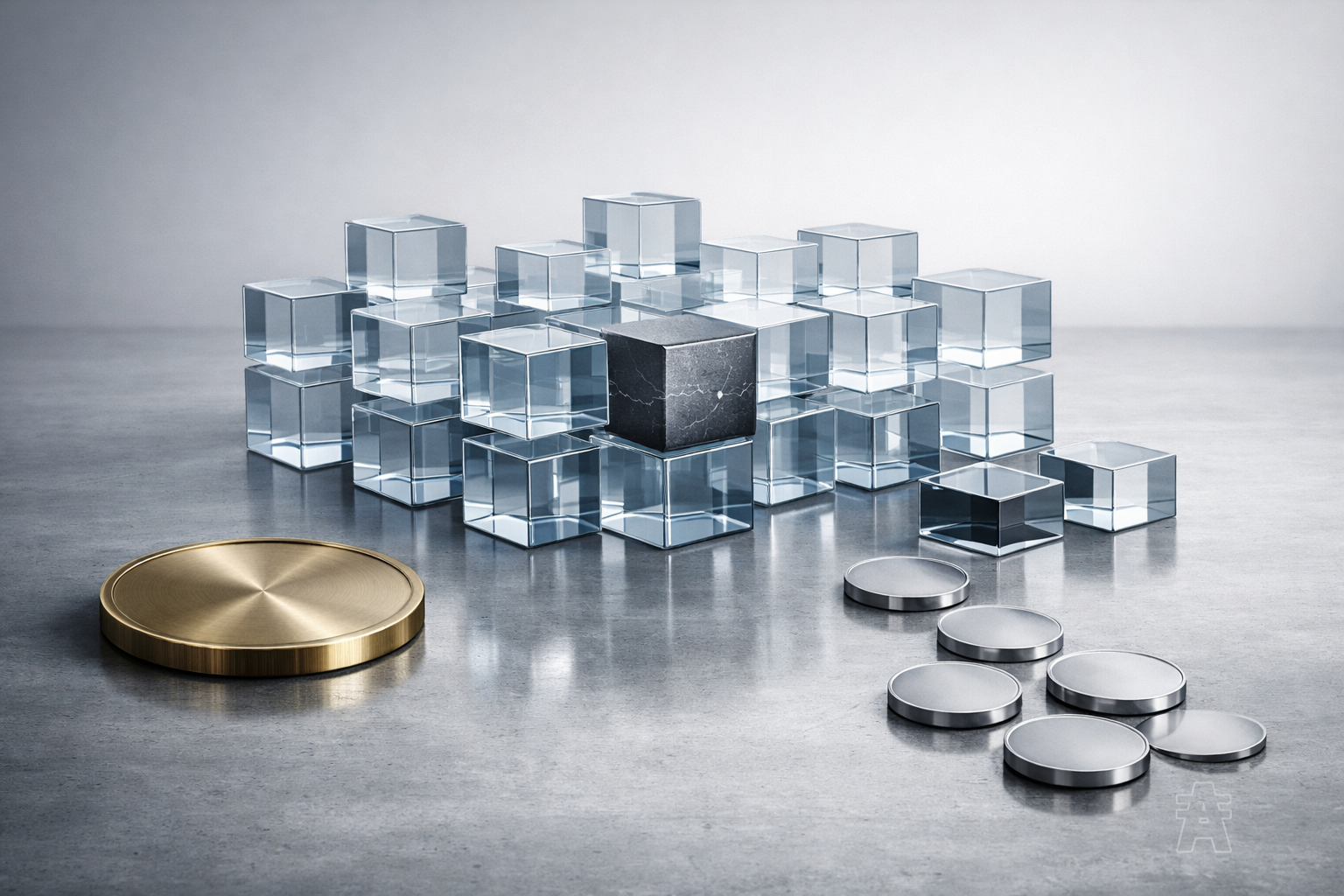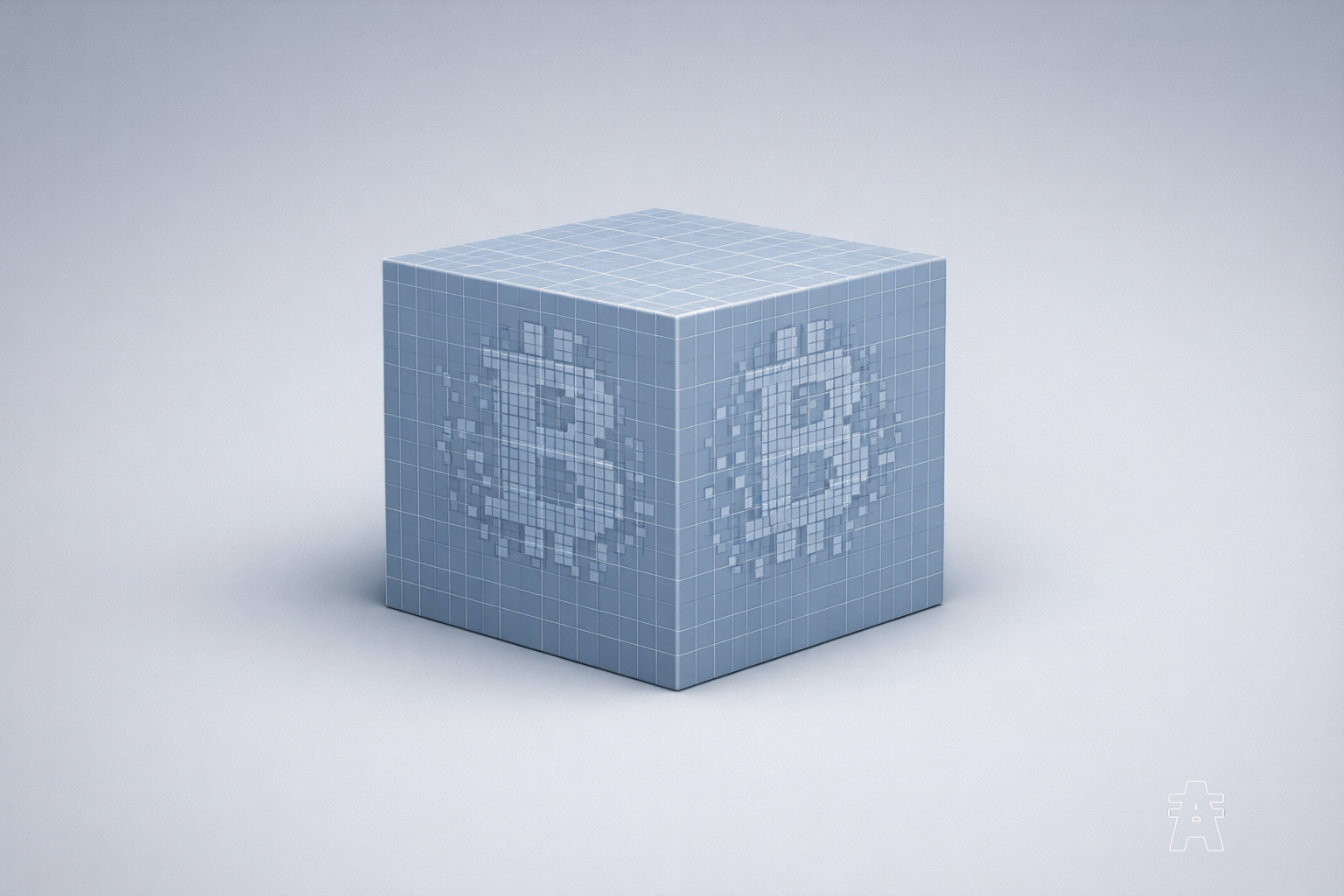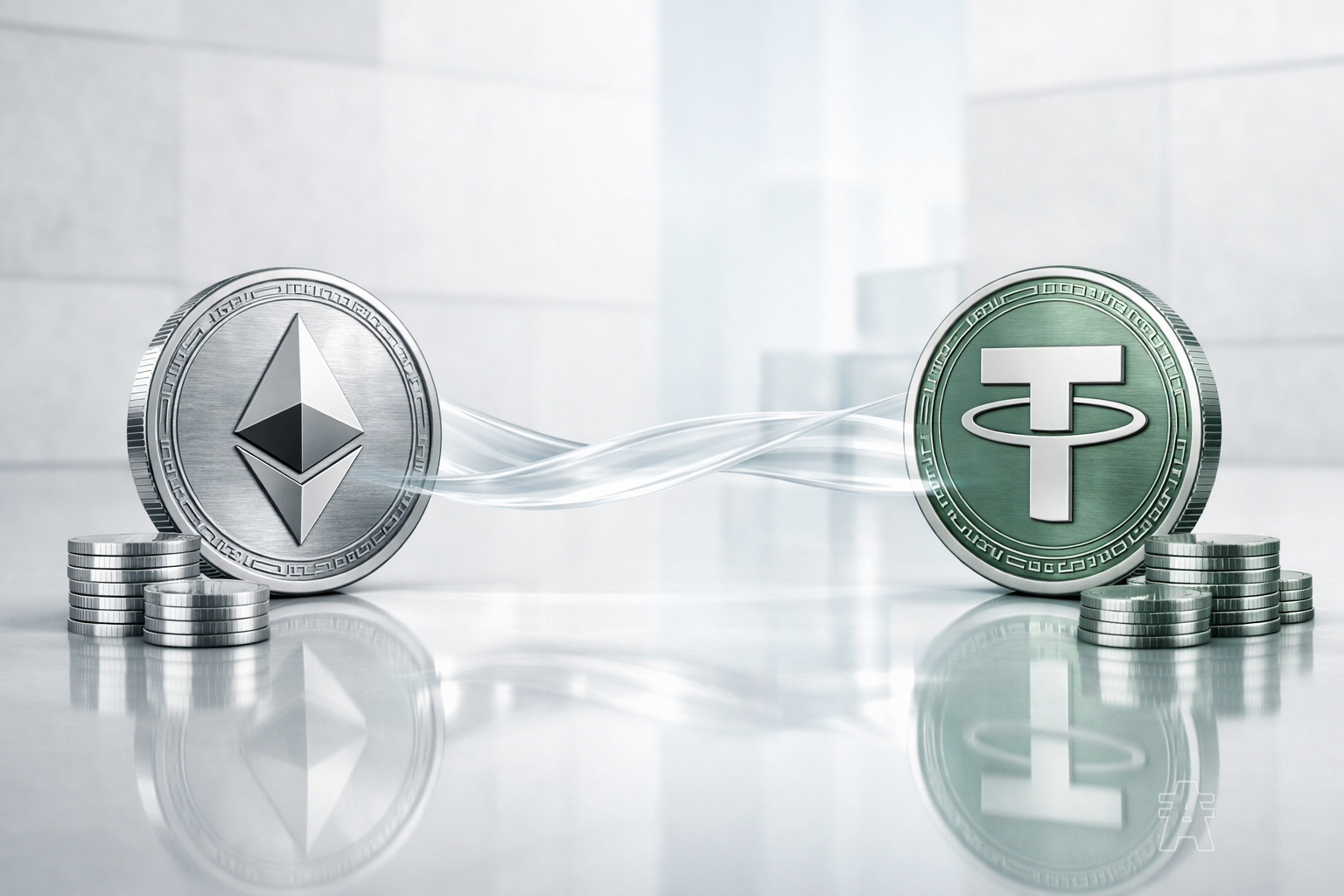Table of Contents
The use of cryptocurrency is booming across various industries, with Bitcoin recently surpassing $42,000 and hitting new highs in 2023. The numbers demonstrate the growing interest in digital currencies now that more people are seeing the potential of crypto in the investment landscape.
For experienced investors, investing in digital currencies is the logical next step toward diversifying their portfolio. If they are also saving for retirement, they can hold crypto assets through self-directed individual retirement accounts (IRAs), such as Bitcoin IRA. If you want to learn more about this investment strategy, read on and discover how it works and its pros and cons.
What is a Bitcoin IRA?
A Bitcoin IRA is a self-directed IRA for investors who want to hold cryptocurrency. Through a self-directed account, owners can buy a wide variety of alternative assets, including Bitcoin.
Aside from crypto, self-directed account holders can invest in assets like real estate, collectibles, and precious metals, all of which are prohibited through traditional IRAs.
How a Bitcoin IRA Works
In many ways, a Bitcoin IRA is similar to a conventional IRA. The main difference is account holders can purchase cryptocurrency instead of traditional assets, like mutual funds.
Moreover, opening a self-directed retirement account can be more complex and expensive than managing a traditional IRA. When setting up a conventional retirement account, you get a one-stop shopping experience at brokerage firms, and you can buy and sell your valuable assets in one place.
Meanwhile, managing a Bitcoin IRA requires extra components, including the following:
- Custodians - Self-directed IRA custodians are responsible for administering and holding the assets in your account. They have no responsibility for investment performance.
- Crypto exchanges - These transactions facilitate the purchase and sale of the digital currencies held in your account.
- Secure storage solutions - These solutions are designed to protect crypto from theft. Bitcoin IRA providers rely on these methods to help keep your assets safe after purchase.
Some Bitcoin IRA companies provide all three components, while some involve third-party organizations to manage each step. For instance, a Bitcoin IRA firm might work with a major crypto exchange to manage purchases and sales of digital currencies.
To open an account, you must first find a custodian who can host your self-directed IRA and allow you to trade cryptos. Like opening any brokerage account, you must provide your full legal name, Social Security number, address, and banking information.
Before starting the process of opening a Bitcoin IRA, try to align your goals with your account type, exchanges, and cryptocurrencies. Be sure to look up the fees you must pay, as they can add up over time and hinder your ability to reach your retirement goals.
The Pros of Bitcoin IRA
Bitcoin IRAs provide various advantages, including diversifying portfolios beyond traditional assets like stocks, commodities, and bonds. It also eliminates the risk of putting funds into a single asset.
Moreover, Bitcoin’s fixed supply means investors are not affected by inflation, which can be an appealing advantage for investors. Central authorities also have no control over decentralized currencies like Bitcoin, which means retirement funds will be safe.
Another crucial advantage of a Bitcoin IRA is you only have to pay taxes when you sell your currencies at a profit. If you simply hold the assets in your retirement account, you are not liable for tax contributions.
While investing in digital currencies can be risky, it gives investors the potential to earn extremely high returns if they have a consistent trading strategy. Investors take risks if they believe an underlying asset will give the expected return on investment.
The Cons of Bitcoin IRA
There are several disadvantages to opening a Bitcoin IRA, including the negative impact of a volatile market on retirement funds. As a Bitcoin IRA holder, you must also pay initial account setup, maintenance, trading, and custodian fees.
Investments also have contribution limits. In 2022, the limit was $6,000, which increased by $500 the following year. Investors 50 or older could contribute up to $7,000 in 2022 and $7,500 in 2023.
Because investing in Bitcoin through an IRA does not incur taxes, you will not offset losses from your crypto investments. Moreover, you cannot use your account to invest in conventional securities like mutual funds or bonds. This disadvantage means opening and managing multiple accounts to meet your investment and retirement needs.
Bitcoin IRA accounts come with high fees, with firms charging a minimum monthly account fee and a holding fee, which can be a percentage of the account balance. You must also pay additional charges associated with establishing an account, buying assets, and fund transfer payments. Ensure you know these costs, as they can be significantly high.
You should also note that some IRA service providers can penalize you for withdrawing your funds prematurely. If you are not careful, you may end up paying more instead of saving more.
Another thing to remember is you cannot buy cryptocurrencies on your own and transfer them to an IRA account. You will need the help of a specialized Bitcoin IRA firm to make the purchase, which adds to the overall costs of managing your crypto investment.
Learn if Bitcoin IRA Is Right for You
If you are close to retirement, choosing a Bitcoin IRA may not be the wisest move due to the volatility of cryptocurrencies. However, if you are an experienced investor with a longer time horizon and are willing to take risks, putting a small portion of your retirement savings in Bitcoin can offer an upside and hedge against losses in conventional holdings.
Remember that opening a Bitcoin IRA has more moving parts than a conventional retirement account. It would be best if you were thorough when researching cryptocurrencies and determining the right company that will handle your assets.
Before accepting any terms, you must read the fine print and examine the costs, as many fees will not be apparent without in-depth research. Another crucial tip to remember is your investments in alternative assets like crypto must only be a small part of your retirement portfolio.




